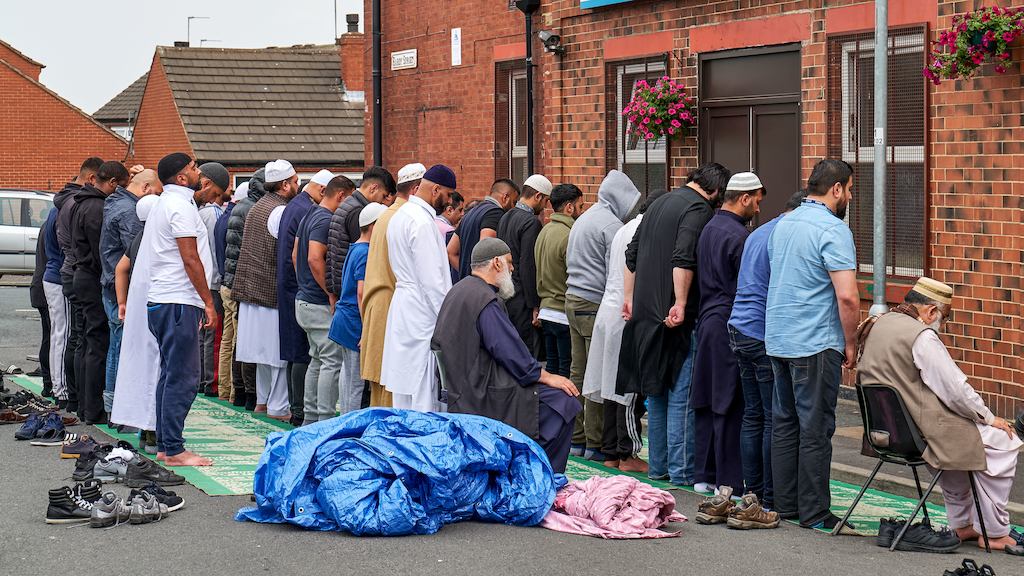One of the key takeaways from ‘Age-friendly and inclusive volunteering’, the review of community contributions in later life published by the Centre for Ageing Better, is the need for community and voluntary organisations to support everyone to get involved – including working harder and differently to remove the barriers some people face to involvement and engagement.
Worryingly, the review finds that some people, including people on lower incomes, in poor health or from some BAME communities, can seem to be shut out of more formal volunteer roles within large Third Sector organisations, and within public bodies such as schools and hospitals.
Whether this is due to structural barriers, such as too much bureaucracy or a lack of flexibility in the opportunities available, or more personal, emotional issues such as a fear of encountering ageist attitudes, or a lack of confidence or acknowledgement in people’s own strengths and skills, it’s clear that more can be done to make people feel more included and welcomed.
The review draws on research undertaken in Leeds with people from the city’s South Asian communities, targeted in parts of South Leeds. It shows that many people within these communities were delivering huge amounts of unpaid support for friends and neighbours. However, despite their interest in getting involved in the wider community, not everyone felt welcome.

